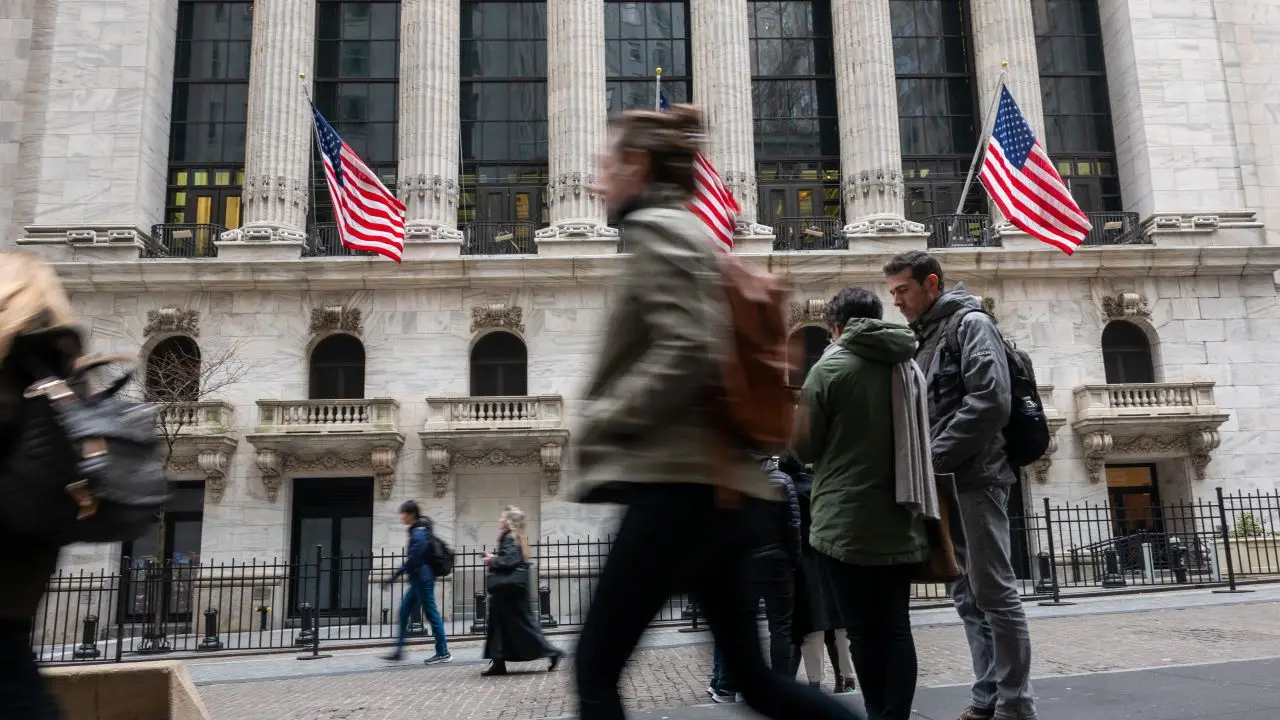Copyright washingtontimes

President Trump celebrated the anniversary of his election to a second, nonconsecutive term on Wednesday. He marked the occasion at the America Business Forum in Miami by recounting signs that the economy is perking up, with higher wages and softening prices. Meanwhile, the Supreme Court weighed the prospect of taking away the president’s prized tool for leveling the international economic playing field: tariffs. Justices must answer a pair of not-so-straightforward questions. Does the president have the legal right to impose tariffs on his own initiative, and are tariffs a tax that can be authorized only by Congress? The libertarian group suing on behalf of a few affected businesses is perhaps its own worst enemy. In seeking to recover the costs these firms incurred, a loss for the administration would create a multibillion-dollar rush for refunds involving money spent long ago. “If you win, tell me how the reimbursement process would work,” Justice Amy Coney Barrett asked. “It seems to me like this could be a mess.” Rather than solve that problem, counsel punted, saying this lawsuit isn’t a class action, so only the handful of businesses that sued are entitled to recompense. That may be true, but the moment one company gets its share, the rest will flood the courts demanding theirs. It’s not even clear which court, if any, would have jurisdiction. One lower-court ruling held that the Court of International Trade is the proper venue. Another insisted that the federal district courts must hear these complaints. Solicitor General D. John Sauer suggests it’s none of the above. The president’s inherent authority over foreign affairs, combined with a delegated power to address international emergencies, allows him to regulate commerce with other countries, he argued. “I want to make a very important distinction here. We don’t contend that what’s being exercised here is the power to tax. … These are regulatory tariffs. They are not revenue-raising tariffs,” Mr. Sauer explained. Mr. Trump has leveraged this mechanism to deliver impressive peace agreements and improved treatment for U.S. exporters, confirming his focus is on foreign affairs. Justice Brett M. Kavanaugh wondered why the opposition concedes that the president has the legitimate power to stop trade with a nation entirely but simultaneously argues that he wouldn’t be able to pare it back slightly with a 1% tariff. “That leaves, in the government’s words, in its brief, an odd doughnut hole in the statute,” Mr. Kavanaugh observed. Unlike most of the other hotly contested political cases, each side has a point. The Constitution entrusts Congress with laying “Duties, Imposts and Excises,” but the legislative branch can reassert this responsibility at any time. The Senate narrowly adopted a bill ending the national emergency gimmick used to trigger the global duties, but this was an empty gesture that will go nowhere in the House. Such moves are just the establishment shaking its fist at a threat to the globalist agenda. “The communists, Marxists, socialists and globalists had their chance, and they delivered nothing but disaster,” Mr. Trump told the Miami audience. “For all of these failed and discredited ideologies of the past, their day is over, their grip is broken, and their time is absolutely done. The Golden Age of America has begun, and we are just getting started.” Tariffs haven’t caused the rampant inflation that critics reasonably predicted, so there’s no urgency to change course now. If Congress wants to take the lead, it should do so by changing the law rather than handing the tough choices to the judiciary.



